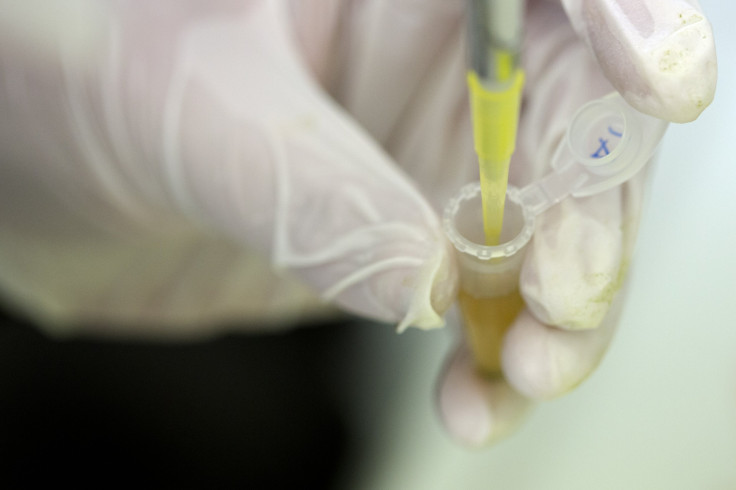Ebola Outbreak: Leading UK Researcher Slams Big Pharma For Ignoring Ebola

Dozens of public-sector agencies and private-sector companies are fast-tracking treatments and vaccines into human trials in response to Ebola virus disease outbreak in West Africa, but one leading researcher contended thousands of deaths could have been prevented had pharmaceutical companies done the required work earlier.
The current outbreak has already killed more than 1,900 people in Guinea, Liberia, Nigeria and Sierra Leone, Dr. Margaret Chan, the director-general of the World Health Organization, reported at a United Nations Foundation press conference Sept. 3. Thus, it is worse than all other previous outbreaks combined. Before this year, the most severe Ebola outbreak killed 425 people in Uganda, according to data provided by the U.S. Centers for Disease Control and Prevention.
“Even if you’ve got a way of making a vaccine, unless there’s a big market, it’s not worth the while of a megacompany,” Oxford University Professor Adrian Hill told the Independent newspaper in the U.K.
“There was no business case to make an Ebola vaccine for the people who needed it most,” Hill said. “First because of the nature of the outbreak; second, the number of people likely to be affected was, until now, thought to be very small; and third, the fact that the people affected are in some of the poorest countries in the world and can’t afford to pay for a new vaccine.”
Hill is currently leading a team of health professionals that will soon begin human trials of its own experimental Ebola vaccine. The drug was co-developed with the U.S. National Institutes of Health (NIH) and GlaxoSmithKline PLC (NYSE:GSK).
Even though GlaxoSmithKline is one of the largest pharmaceutical companies in the world, it took on Ebola research only recently, when it acquired Okairos, a small Swiss biotechnology company last year. Most of the most prominent drugs currently being researched to fight Ebola were developed with millions of dollars worth of funding from the U.S. government, which sought information about possible bioterrorism threats.
Hill said the pharmaceutical industry should start pushing through development of research for other “outbreak diseases,” such as severe acute respiratory syndrome, SARS; Marburg virus; and Chikungunya virus.
“If we had invested in an Ebola vaccine, had it sitting there as the outbreak comes, you could have nipped it in the bud, been able to vaccinate the region where it started,” Hill said. “There’s a lesson here.”
WHO’s Chan said at a press conference last week that the “Ebola epidemic is the largest and most severe, and most complex we have ever seen in the nearly 40-year history of this disease.” In one response to it, Sierra Leone is planning a countrywide “lockdown” to help control the disease.
© Copyright IBTimes 2024. All rights reserved.






















